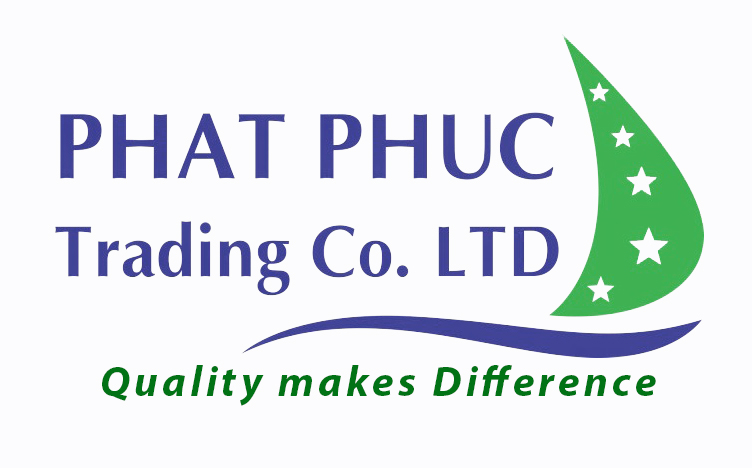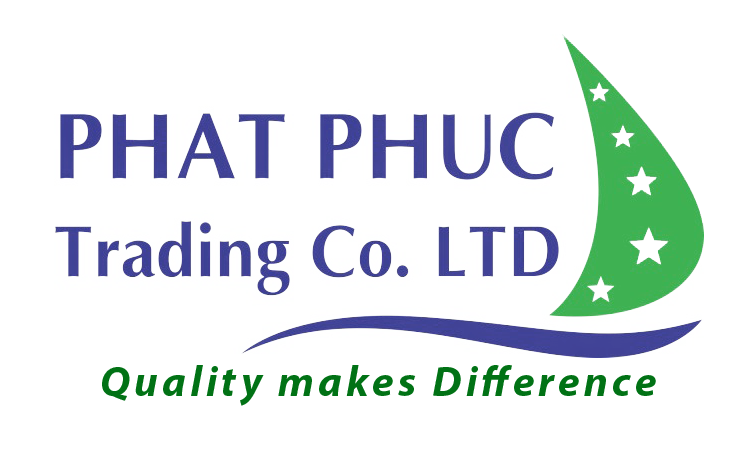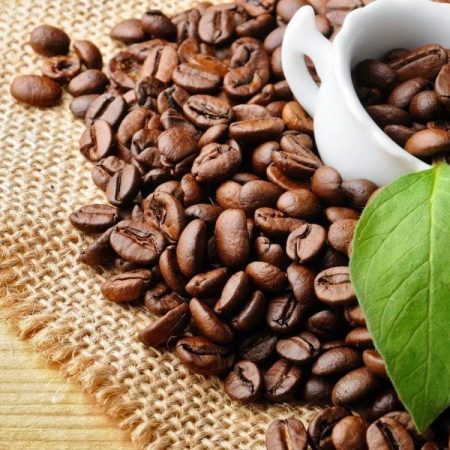
Continuing to affirm its position as a cashew export powerhouse
Over the years, the Vietnamese cashew industry has not only maintained its position as the world’s leading cashew nut exporter for many consecutive years, but has also affirmed its brand’s reputation in the international market. With its position as a cashew nut exporting powerhouse, Vietnam has also affirmed its voice even in meetings to discuss setting export prices for the world. Vietnamese cashew nuts are now on the shelves of over 90 countries and territories around the world, with export turnover growing steadily over the years.
According to the General Statistics Office, in 2023, Vietnam exported 644.12 thousand tons of cashew nuts, earning over 3.64 billion USD. The Vietnamese cashew industry continues to maintain its position as the world’s number 1 cashew nut exporter for nearly two decades. In the first 7 months of 2024, Vietnam’s cashew nut export turnover reached 424 thousand tons, worth 2.37 billion USD, up 26.4% in volume and 22.1% in value over the same period in 2023. In July 2024 alone, the average export price of Vietnam’s cashew nuts continued to increase, reaching 6,168 USD/ton, up 2.7% compared to June 2024 and up 10.8% compared to July 2023. As a result, in July 2024, Vietnam exported 70 tons with a turnover value of 428 million USD, up 27.7% in volume but up 40.4% in value.
In terms of markets, in July 2024, Vietnam increased cashew nut exports to most traditional and potential markets, except Germany and Australia. Notably, our country’s cashew nut exports to the United Arab Emirates grew by 3 digits in both volume and value, reaching 102.1% and 149.0%, respectively. In the first 7 months of 2024, Vietnam’s cashew nut exports to traditional and potential markets all grew positively compared to the same period last year. Of which, cashew nut exports to 9/10 traditional markets recorded double-digit growth; typically: the US, China, Saudi Arabia, UK…
One of the advantages that helps increase the position of the Vietnamese cashew industry is the most advanced processing technology in the world, produced by Vietnamese people. Currently, the cashew industry has about 500 production and processing enterprises, with a capacity of about 4 million tons of raw cashew nuts per year.
Raw cashew nut imports increase sharply
It is worth noting that, although Vietnam has been the world leader in cashew nut exports for many years, it has had to increase its imports of raw cashew nuts in recent years. About 90% of raw materials for the production of Vietnam’s cashew industry are imported from Africa and Cambodia.
In 2023, Vietnam imported 2.75 million tons of cashews, an increase of 45.7%, with a value of 3.17 billion USD, an increase of 18.9%. According to the International Trade Center (ITC), in the first 6 months of 2024, Cambodia’s cashew nut exports to Vietnam reached 430.65 thousand tons, worth 476.26 million USD, a sharp increase of 3,626.2% in volume and 3,056.3% in value over the same period in 2023. The proportion of cashew nut exports to Vietnam accounted for 99.55% of Cambodia’s total exports in the first 6 months of 2024, much higher than the proportion of 4.94% in the first 6 months of 2023. In the first 7 months of 2024, Vietnam had to spend 2.2 billion USD to import over 1.8 million tons of cashews mainly for production and partly for domestic consumption, an increase of 6.0% in volume and 3.3% in value. The reason why Vietnam spends billions of USD to import cashew nuts into the country is because most cashew processing enterprises are not proactive in terms of raw material sources, and the domestic supply of raw cashew nuts has not met the processing needs of enterprises. This situation has caused the area of this crop in our country to gradually decrease every year. From 440,000 hectares in 2007, by the 2019-2020 crop year, the cashew area nationwide was only 302,500 hectares, with an output of about 339,800 tons. In 2022, according to the production plan, the total cashew area nationwide will remain stable at 305,000 hectares. The average yield is 1.25 tons/ha, and the output of raw cashew nuts (dry nuts) is estimated at 370,000 tons.
In addition, to produce uniformly, cashew processing and exporting enterprises have increased the import of raw cashews, making it difficult for Vietnamese cashew farmers to sell their products, and the purchase price of fresh cashews in the country has decreased. This has led to domestic cashews having difficulty competing with imported goods, and income is not guaranteed, so many farmers have had to cut down cashews to switch to other crops.
In addition, the heavy dependence on imported raw materials has caused many difficulties for the Vietnamese cashew industry. Typically, at the beginning of this year, the price of this type of nut skyrocketed, suppliers demanded price increases or canceled orders, causing domestic cashew factories to struggle due to lack of raw materials.
According to Vinacas, for many years, Vietnam has been leading the global cashew supply and value chain, but that position is being shaken and will certainly be lost if it does not change in time. In particular, cashew processing enterprises for export, mainly foreign direct investment (FDI) factories, will gradually block the source of raw cashew nuts for Vietnamese factories, causing small and medium-sized factories in our country to go bankrupt, and eventually dominate the world cashew nut market. This is the consequence of allowing the import of cashew nuts into Vietnam without applying measures to protect the domestic cashew processing industry.
Therefore, Vietnamese cashew enterprises need to promote deep processing to gradually increase their proportion in the world cashew industry value chain. Along with that, building raw material areas, because without a stable source of raw materials, the industry will find it difficult to develop sustainably./.








You must be logged in to post a comment.